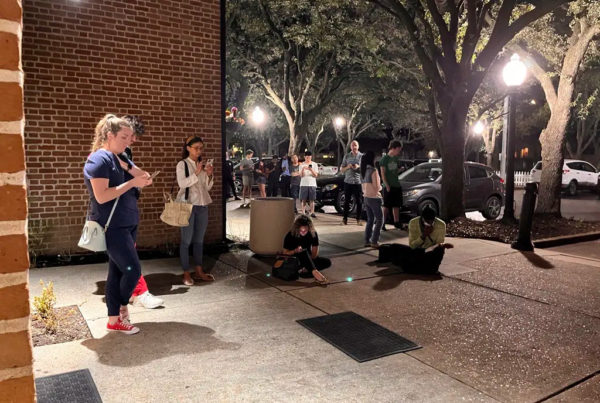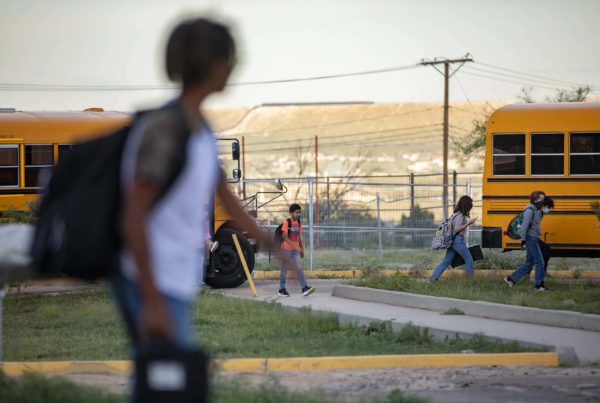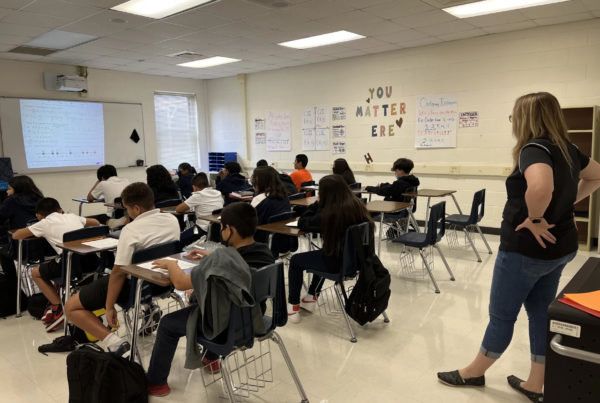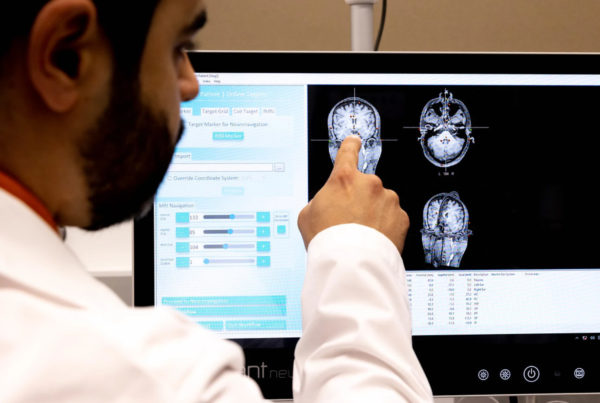In 2015, the Department of Education announced a big change in the way it administers Pell Grants, a major source of funding amongst those seeking higher education in the United States: for the first time in decades, prisoners would be able to access the Pell Grant as well.
Earlier this year, the Biden Administration announced plans to expand this initiative – a move that’s expected to have effects across Texas’ carceral system.
Michelle Pitcher is a reporter for the Texas Observer who is documenting this policy change. She joined the Texas Standard to talk about the state of prison education in Texas. Listen to the story above or read the transcript below.
This transcript has been edited lightly for clarity:
Texas Standard: For your story, you spent time talking to advocates, prisoners, people who participated in these programs while incarcerated. What does education in prisons look like right now?
Michelle Pitcher: Right now, education in Texas prisons looks pretty starkly different depending on where you are. I traveled down to the one unit, which is a state prison in Huntsville, and that program is run by Lee College, which was one of the Obama-era Second Chance Pell sites. So they’ve actually had access to this funding for about five years now. And you can tell the programs are robust, enrollment is booming, and most of the men who are participating in these classes are doing so with the help of the Pell Grant funding. But if you travel to another unit, say, some of the women’s prisons or some just around the state that didn’t have access to this funding, you’ll see a very different picture in terms of what’s offered and participation.
Well, what distinguishes the Wynne unit that you’re referring to from, say, some of the other facilities? Is there something about the level of incarceration, or what are the differences?
Yeah, the difference, I think, can actually just be tracked to the funding – it was chosen as one of 70 Second Chance Pell sites back in 2015. So they’ve had five years to rebuild programming and outreach and all these sorts of things that really can help prisoners understand what’s available to them and take advantage of it.
Is there any way of gauging what that has meant for people who are incarcerated, returning to the ordinary world, and what sort of impact this has had?
Experts agree that earning a degree or even participating in education programs while incarcerated significantly reduces a person’s chances of recidivism or heading back into prison. So there are several reasons for this. When you’re incarcerated, you’re obviously missing out on a chunk of time where you, if you were out in the free world, would be learning job skills, familiarizing yourself with new technology, and depending on how long you’re incarcerated, this can really impact your ability to find employment when you’re released. So folks who are released from prison with a degree or a certificate or some level of education that they received while inside have a much better chance of finding a job and succeeding in the free world.
Alright, in 2015, a program called Second Chance Pell reactivated its educational funding for incarcerated people. And earlier this year, the Biden Administration announced an expansion. You write that by next year, all prisons in Texas will qualify for this money. What’s the goal for advocates in coming years? And in fact, will all prisons in Texas receive the funding that they would be eligible for?
The Texas Department of Criminal Justice is very eager to adopt this new funding into more and more facilities. Advocates are really hopeful that this funding will help reduce that disparity that I spoke about earlier between units and between men and women’s facilities. So access is a huge thing on people’s minds and that really just means making opportunities available in more places and to more people – where things like getting relocated or having to be bused for classes can get reduced and people can actually spend their time learning and getting the most that they can out of these classes.
















